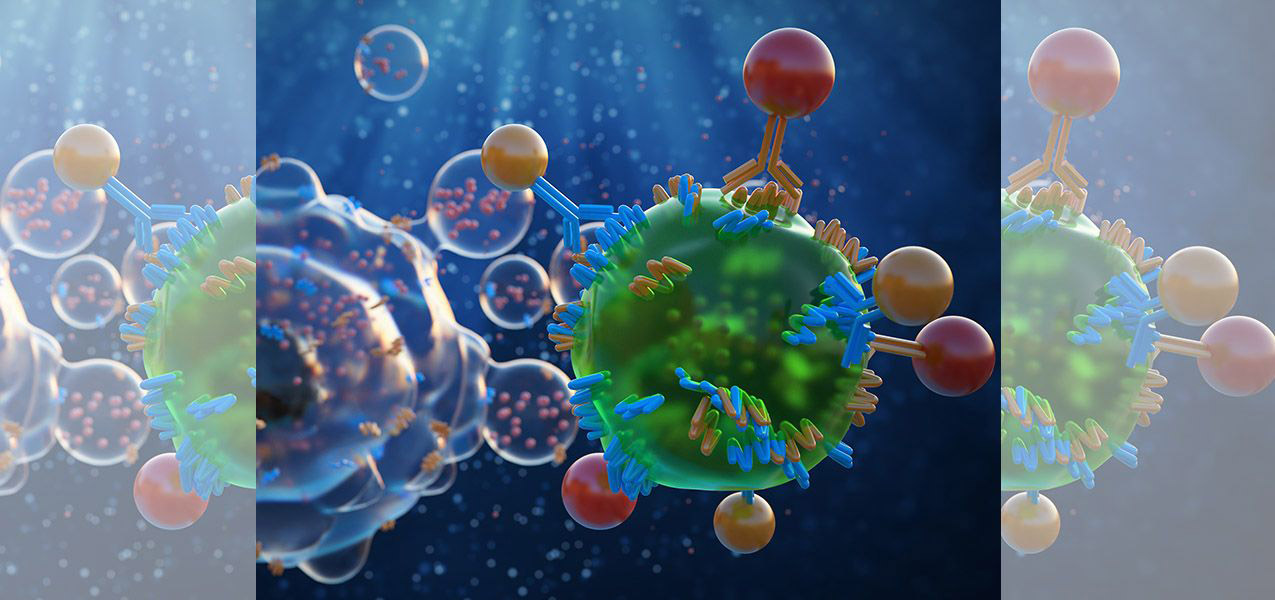Dr. Hu’s research team focuses on developing and validating integrated nanotechnique-based strategies to identify novel biomarkers in non-invasive or minimally invasive clinical samples and to translate these findings into clinical assays that provide information suitable for personalized medicine approaches. The laboratory’s goal is to fill critical gaps that persist in early disease detection, prognostic evaluation, and the real-time monitoring of treatment responses for several important infectious and chronic diseases, including tuberculosis and many cancers, in order to improve patient outcomes.
His group primarily focuses on the detection of two types of biomarker targets: small extracellular vesicles secreted by infected or cancerous cells that express pathogen-derived or cancer-associated proteins, and species-specific peptides generated from pathogen-derived proteins released into the circulation. Both approaches offer advantages over the detection of conventional circulating biomarkers: extracellular vesicles can protect factors they carry from hydrolytic and masking actions, while proteolytic digestion of serum and plasma samples can remove masking effects from protein-protein interactions and produce peptides that can exhibit species-specificity when analyzed by mass spectrometry. However, each of these non-standard approaches has required the development of technical innovations to overcome issues associated with analyses of patient samples.
Research conducted by this group targets the: 1) identification and validation of new biomarkers for early disease diagnosis and/or rapid evaluation of disease responses; 2) development of novel nanotech-based approaches to improve mass spectrometry analyses; 3) refinement and translation of mass spectrometry to new clinical applications, including point-of-care and operating room diagnostics; 4) and the development and validation of novel nanosensor platforms suitable for early detection and prevention approaches. In order to accomplish these goals, Dr. Hu has assembled a diverse team of scientists with expertise in biochemistry, biomedical engineering, nanofabrication, and mass spectrometry, as well as several other fields of research relevant to the goals of the laboratory.

